Dehydration can creep up a lot quicker than you might think. While some people are obviously at greater risk than others, we all need to be careful. This article is intended to be a short guide to the dangers of dehydration, and how best to avoid this problem.
Why Is Hydration So Important?
Every living thing on this planet requires water to survive, and we humans need quite a lot. Our bodies are about 60% water, so you can imagine how important it is to renew the supply.
Your body takes nutrients from food and water and uses them to produce a substance called Adenosine Triphosphate or ATP. This energy source is extremely important because it serves as the fuel that drives nearly all the functions of the human body. One of the most important of these component nutrients is hydrogen, and your body gets the majority of its hydrogen from water.
In essence, it works in the same way as a hydrogen-powered car. An electric current goes through the water, separating it into hydrogen and oxygen. The hydrogen is then collected and combusted to power the vehicle or the human body. It is worth noting that hydrogen-enriched water has been shown to have some health benefits.
How Can I Tell If I Am Dehydrated?
There are different levels of hydration and dehydration. You might be mildly dehydrated right now without even being aware of such. In order to understand how dehydration affects the body, you have to understand the body is made of cells. These cells contain water, and they use this water as a medium with which to transmit and receive both energy and instructions.
If the cells do not have sufficient water, or if the water is lacking in hydrogen, performance is affected at all levels. Likewise, the cells need electrolytes in order to conduct electricity from one place to another.
This can easily be compared to the way that a battery works. A liquid solution of electrolytes is used to transfer energy from the source to the user. Once those electrolytes are depleted, the battery dies. Electrolytes can be many things, but the most important electrolytes in the human body are:
- Sodium
- Chloride
- Potassium
- Magnesium
- Calcium
What Can I Do To Ensure Better Hydration?
The standard advice is to drink about eight glasses of water per day. While this isn’t a bad idea, it’s an oversimplification of the matter. There are several factors that determine how much water you need per day, but we can look at the requirements of a sedentary adult to get a baseline number from which to begin.
According to this study, a sedentary adult needs about 1.5 liters of water per day. Obviously, an active person will require a little bit more than that. But, drinking water is not the only thing you can do to ensure good hydration.
There is evidence to suggest that a higher intake of dietary fiber will have positive effects on body hydration. This might seem surprising, but it makes a lot of sense when you understand the process.
As fiber moves through your system, it tends to absorb a lot of water. Often, other nutrients are absorbed along with the water. As the fiber goes through your body, it distributes the water and nutrients more evenly across the body, leading to an improvement in the balance of body functions. By allowing the water to be soaked up, you cause it to stay in the body longer rather than being quickly removed through urination.
Getting plenty of electrolytes is also a good way to ensure proper hydration. Technically, electrolytes will not increase or decrease your body’s hydration level, but they will allow your cells to get more use out of the water that they have. As we already mentioned, electrolytes are just as essential as water when it comes to ensuring the proper flow of electricity from one cell to another. Upping your electrolyte levels is like giving your car battery a change of acid.
Water quality will also play a role in how well your body can hold and use its water. We have already talked about the importance of hydrogen intake, and how hydrogen-enriched water can lead to better hydration and physical performance. However, we should also talk about some of the bad things that can (and often are) present in tap water.
Some people will try to scare you about tap water, claiming that fluoride is a poison. While fluoride in the water isn’t as bad as some would have you believe, it is a cause for concern. Some evidence indicates that fluoride can have a destructive effect upon the thyroid gland, which would be very bad if true. Fluoride has always been a “Jekyll and Hyde” case, in which a chemical has both real benefits and real dangers.
Using purified water can do a lot to remove toxins and additives from your water. At the same time, you don’t want to go too far and drink distilled water. Distilled water contains no electrolytes, and thus, it is of limited use to the body. It will hydrate, but it will not replenish the electrolytes which are needed by the cells of your body to do their jobs.
One of the best things you can do is to make some softwood charcoal. Charcoal does a great job of soaking up toxins without absorbing anything useful. It also tends to remove unpleasant odors and tastes. Don’t worry; it won’t turn the water black as long as you filter it, as charcoal does not dissolve in water. Even if you do accidentally drink some, it is biologically neutral and poses no threat.
Conclusion
Hydration is perhaps one of the most overlooked health problems of our time. The modern world tends to keep everyone busy, and there isn’t always time to ask ourselves if we drank enough water today. However, water is the basis of all life on earth, and the lack of it can cause all kinds of minor problems.
For example, the next time you have a headache or a stomachache, it might be a simple case of dehydration. This is why you should always reach for the water bottle before reaching for the medicine bottle.
The post How To Hydrate Properly appeared first on Gaspari Nutrition.











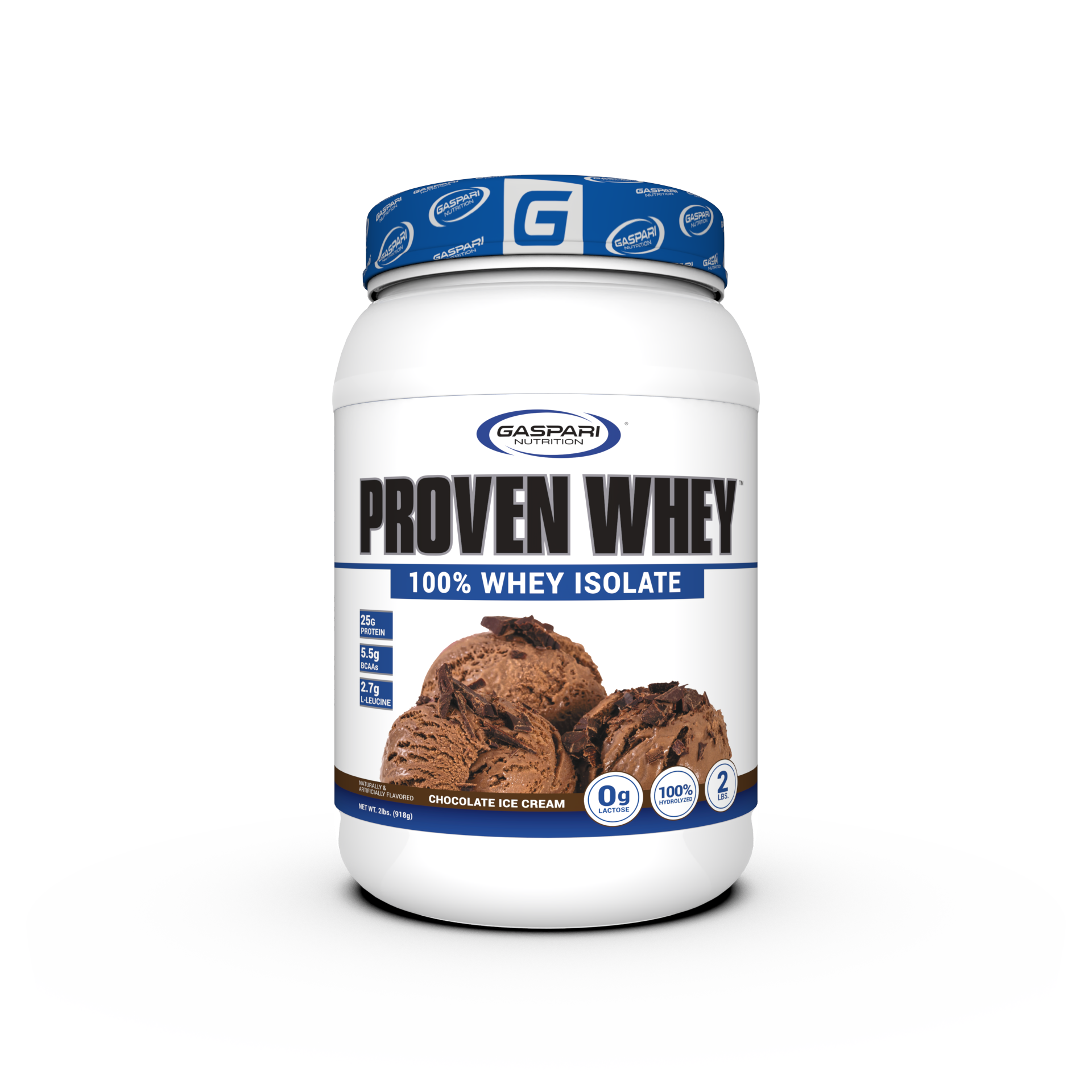



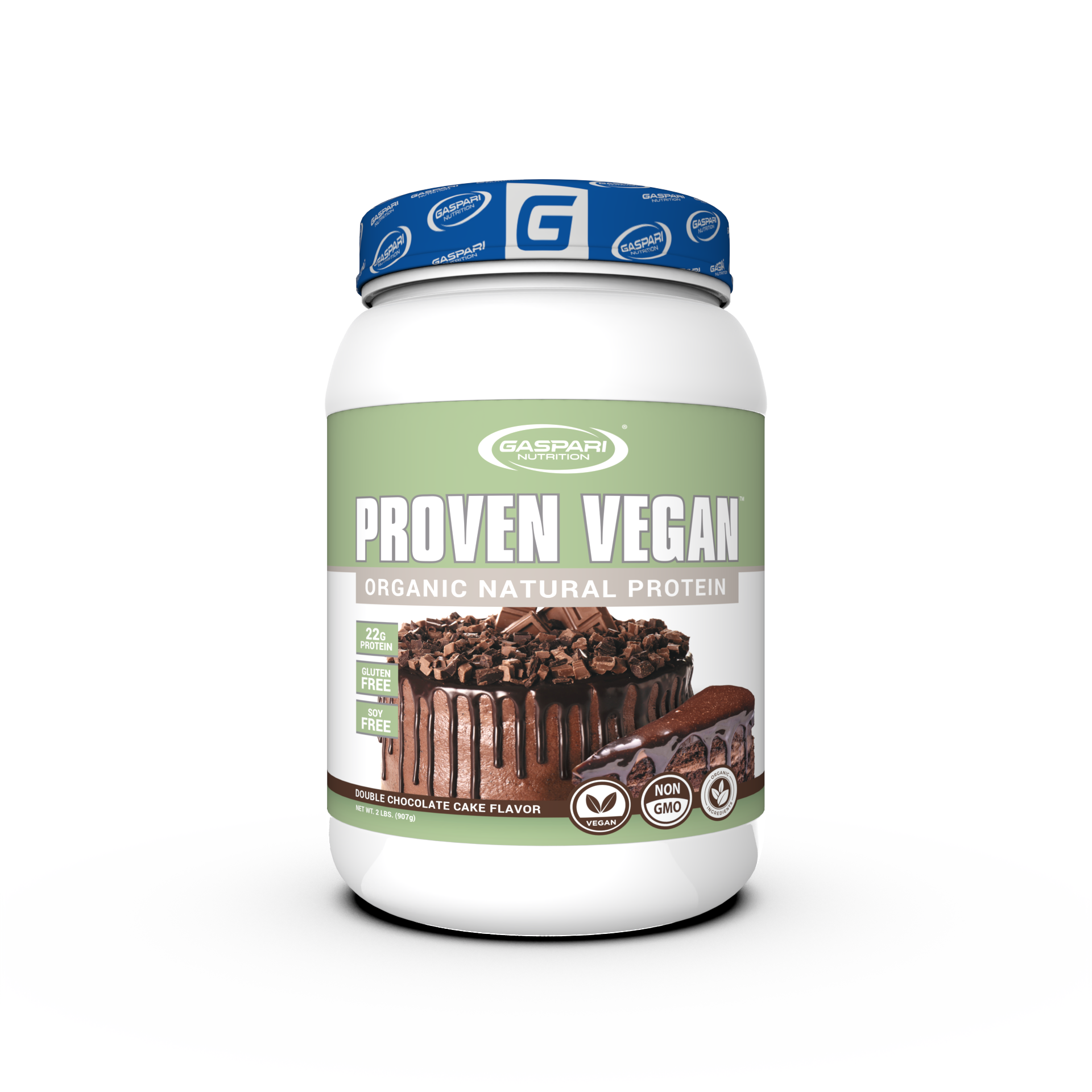








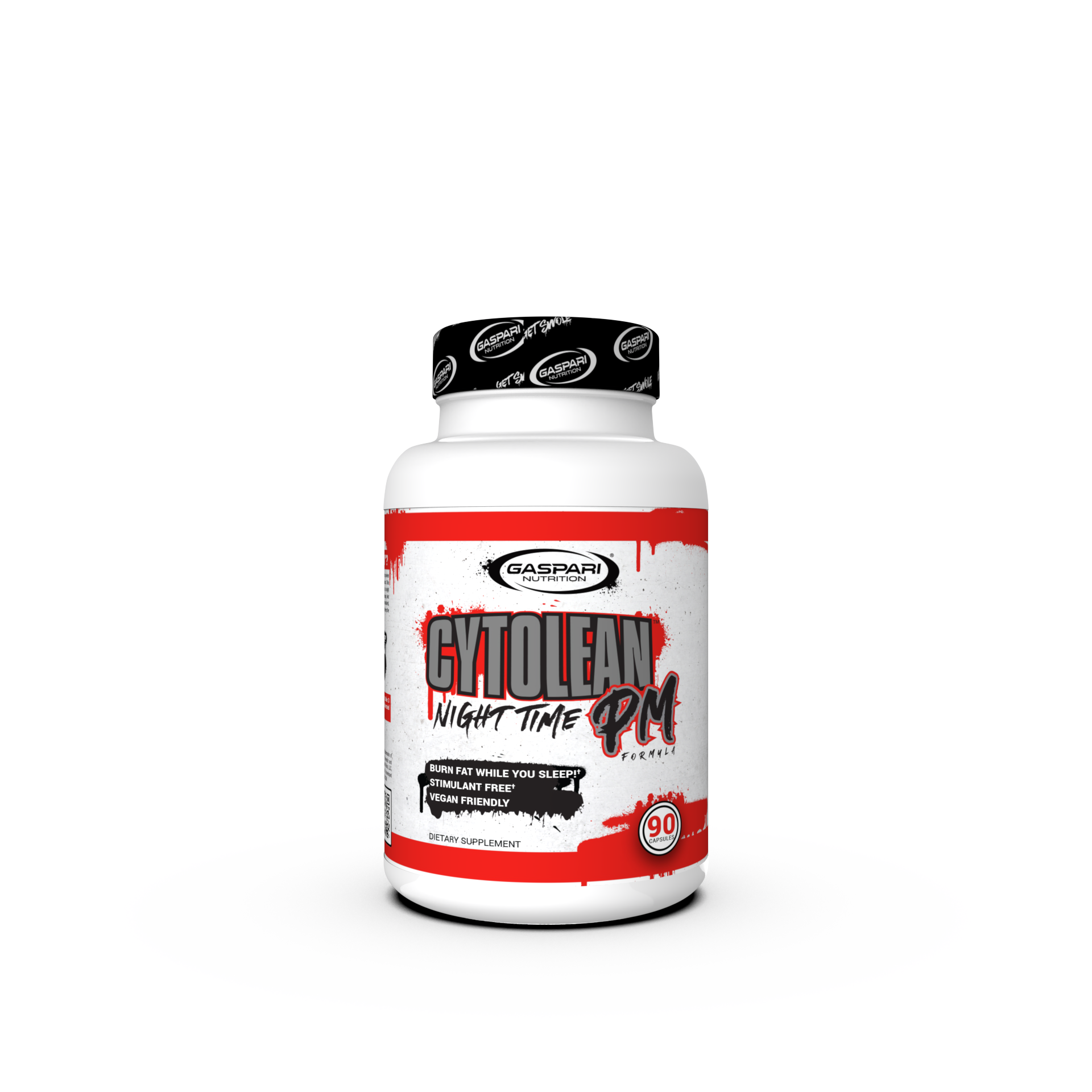

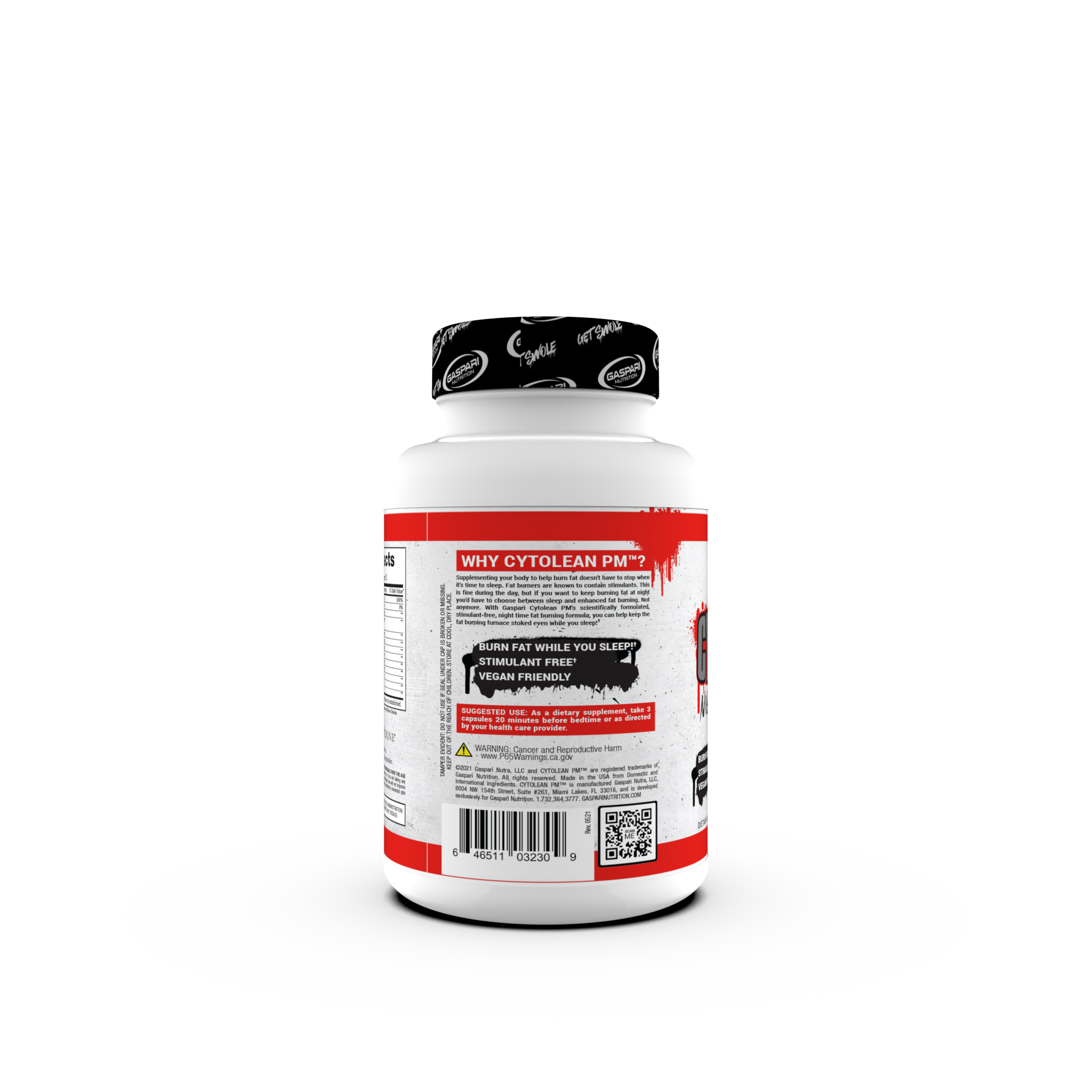



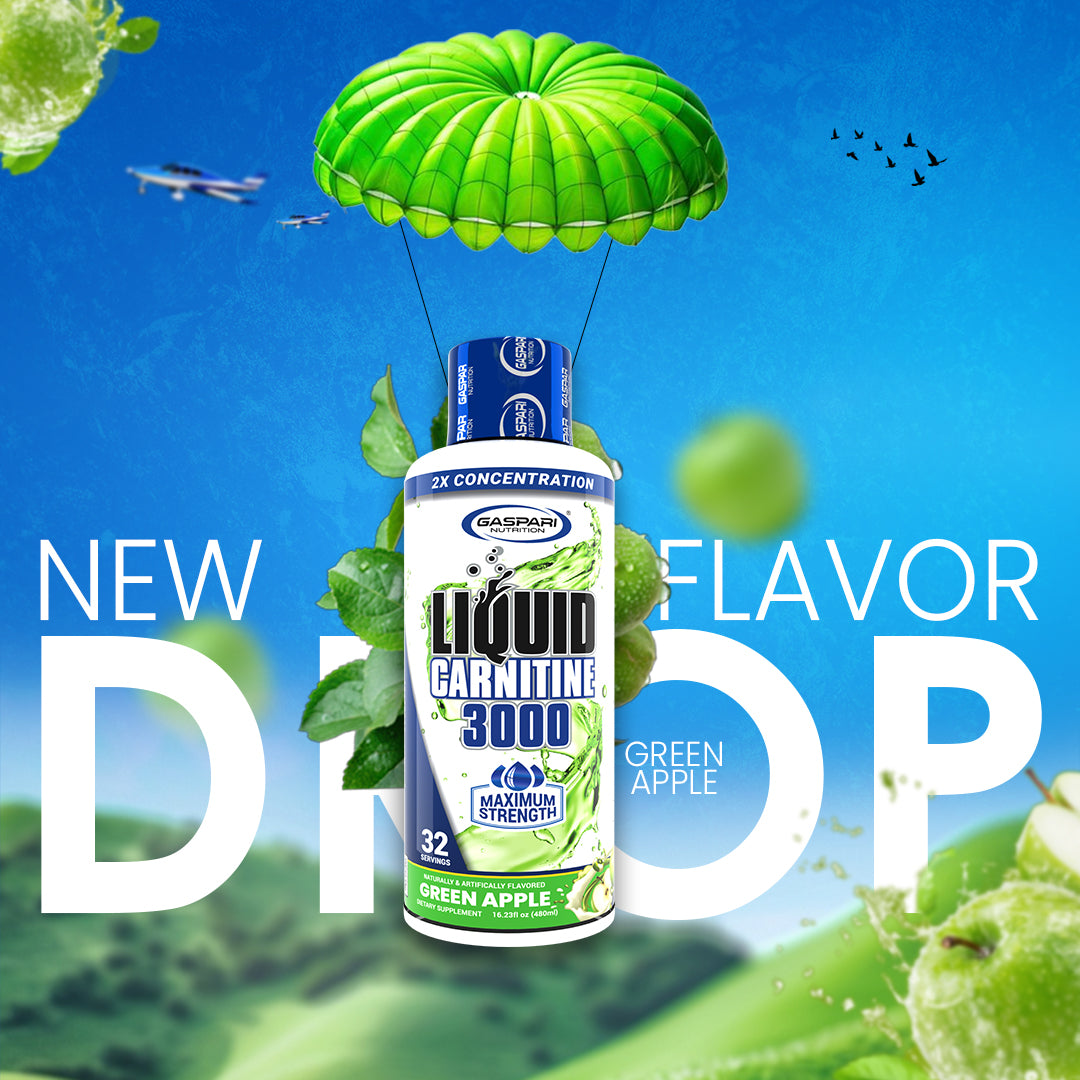
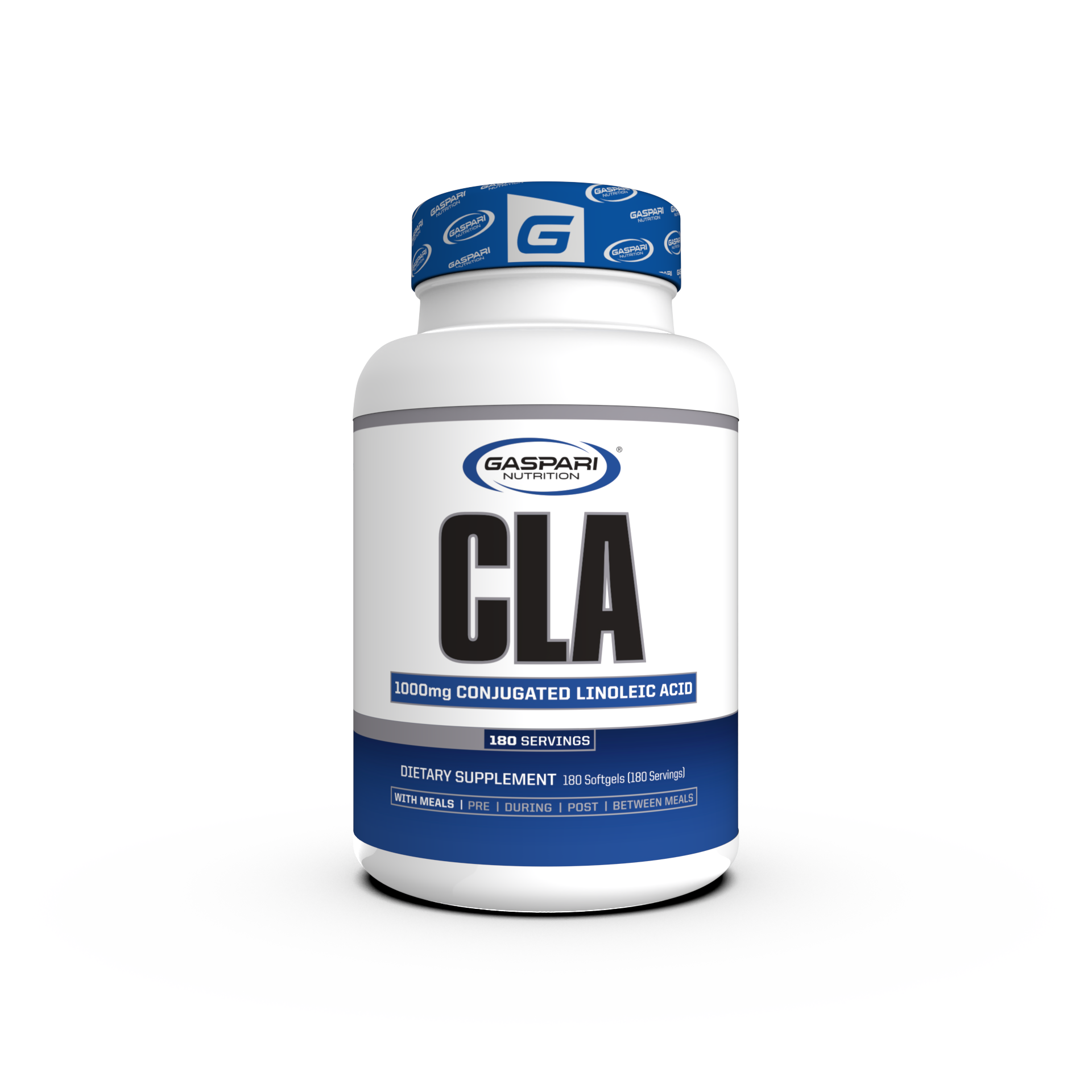








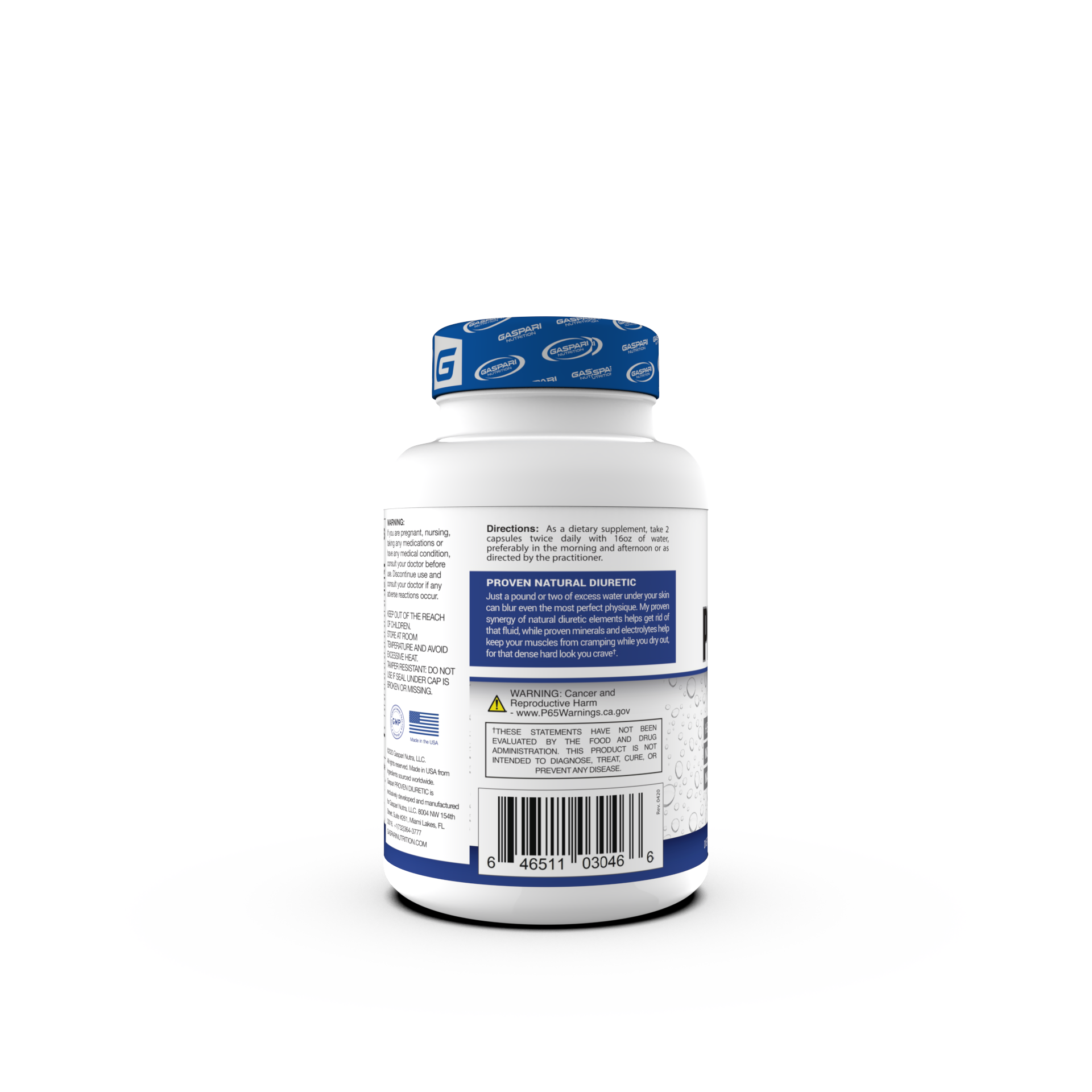
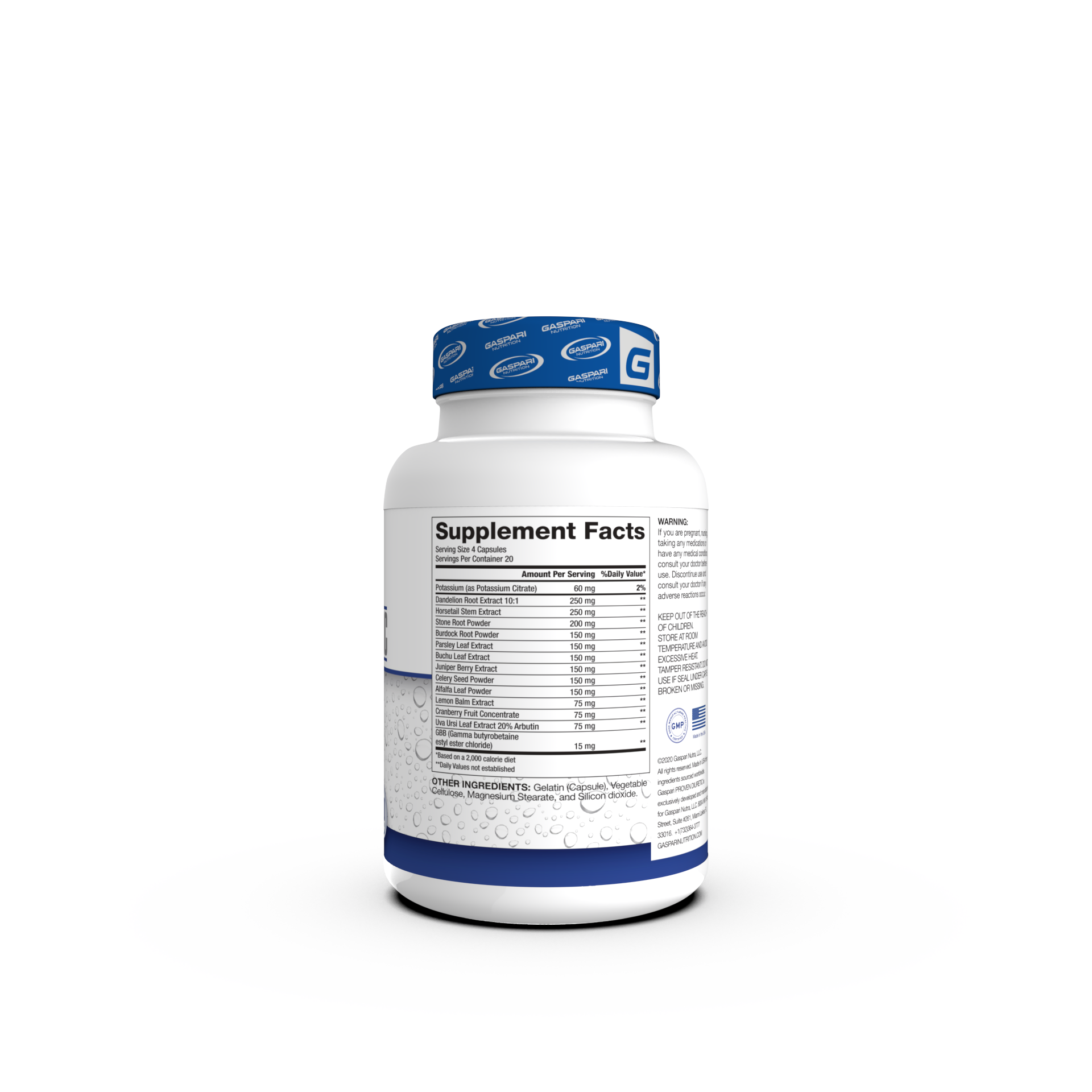




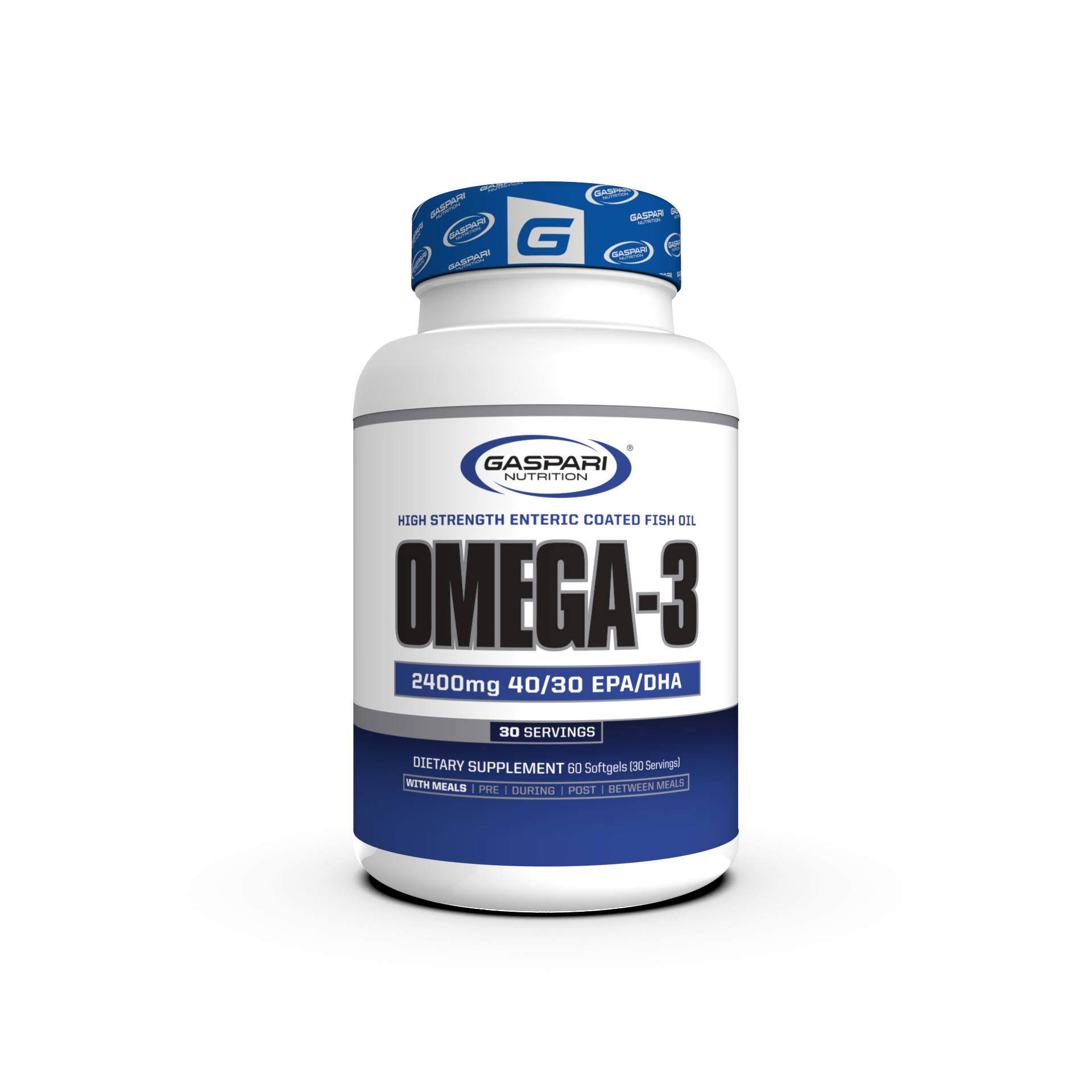



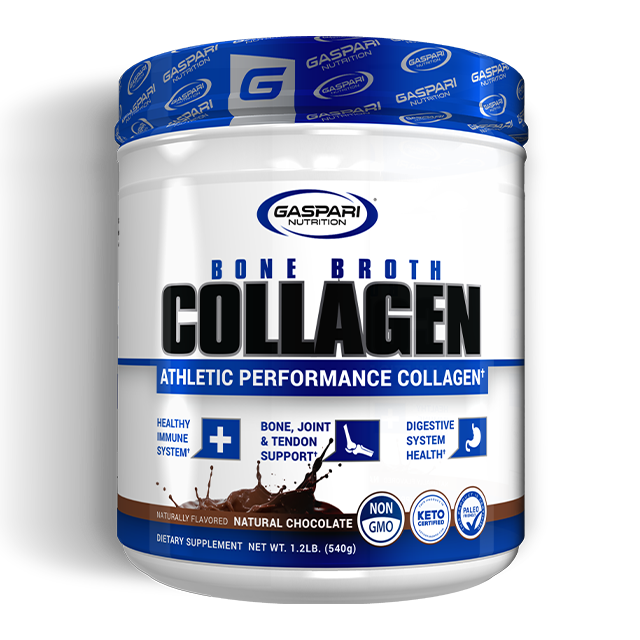

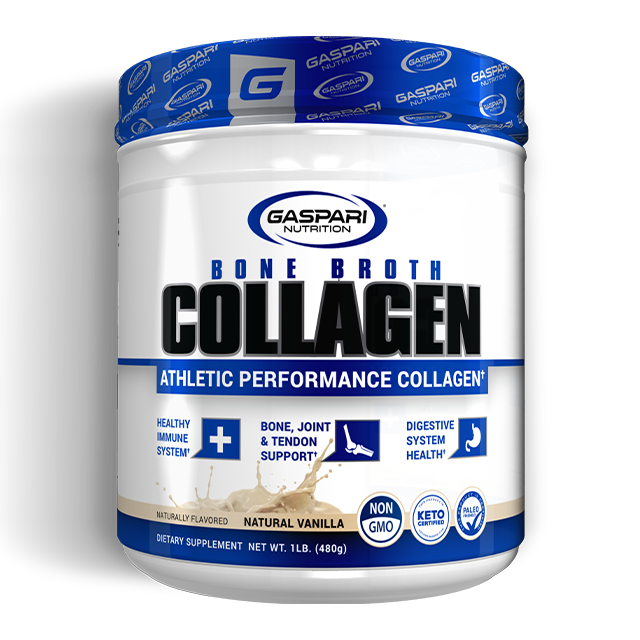

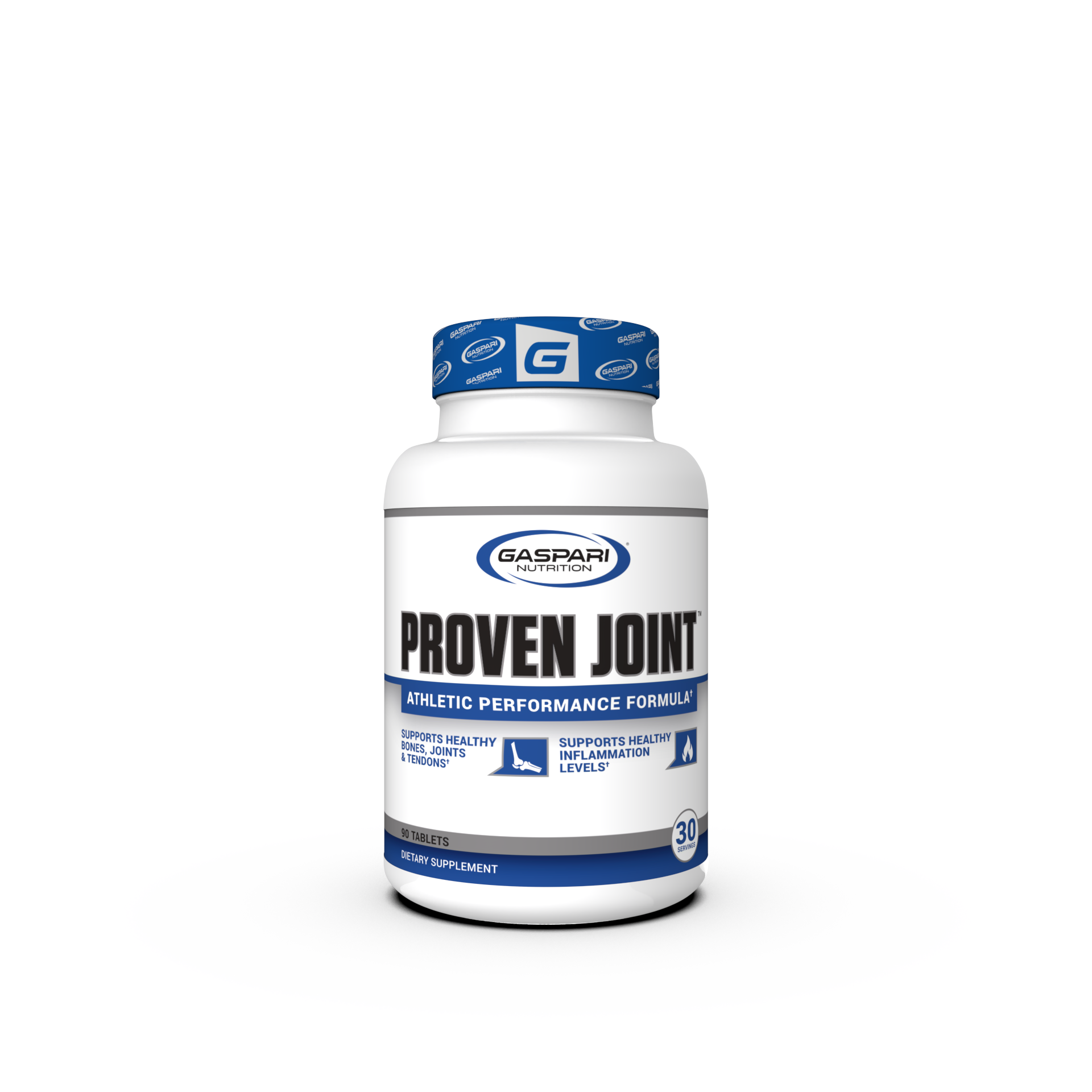




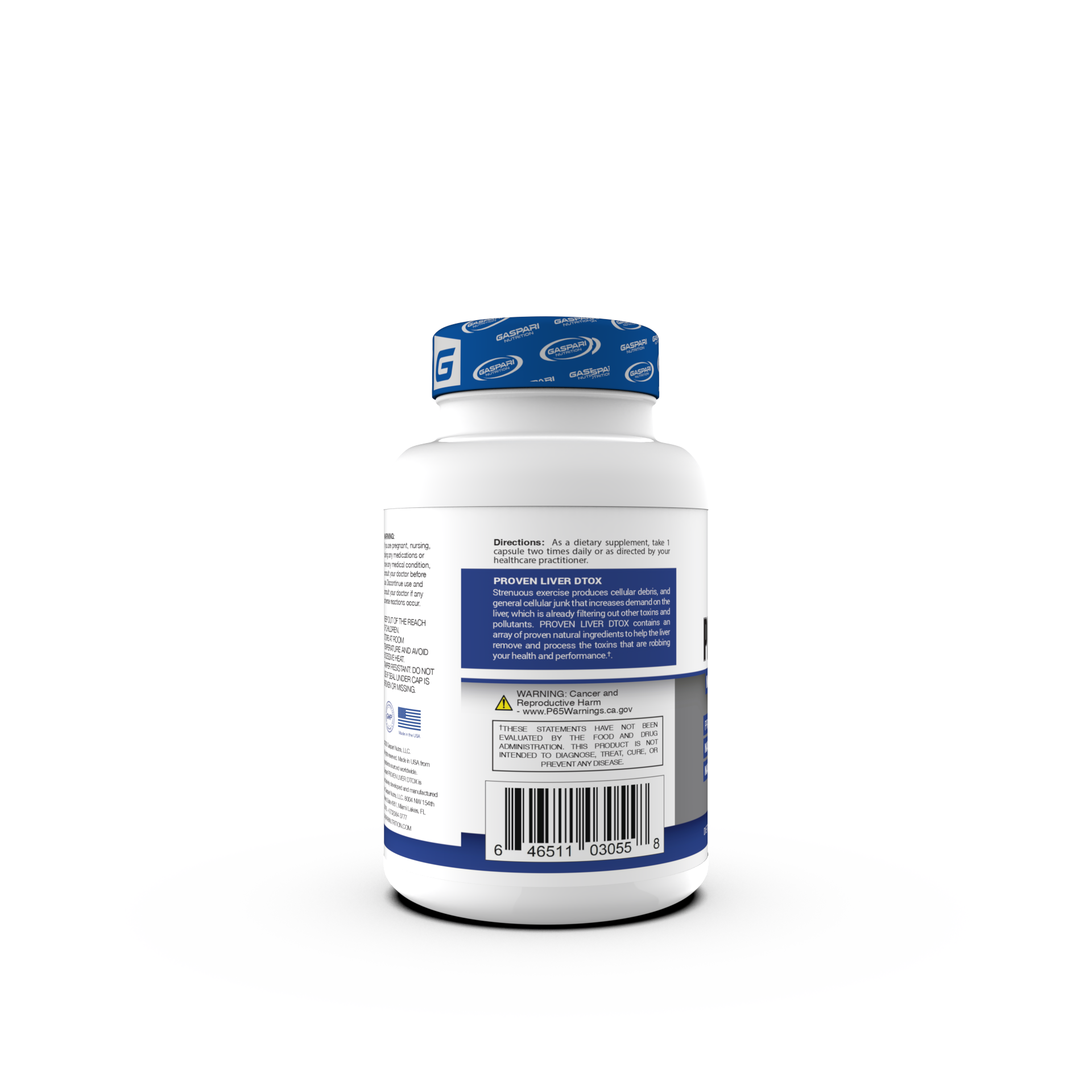
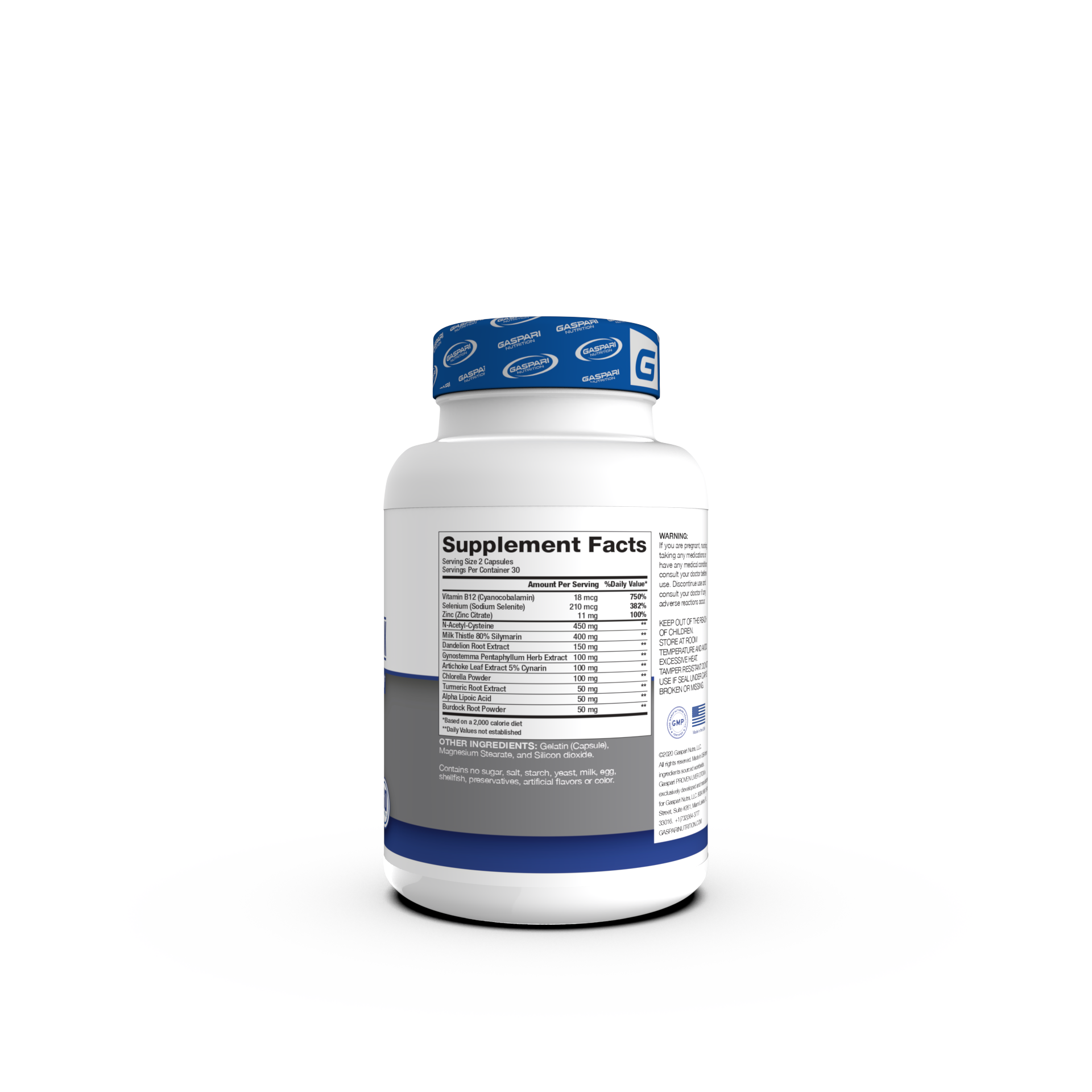

Share:
The Importance Of Cooling Down After Exercise
Hunt For Hardcore Episode 3